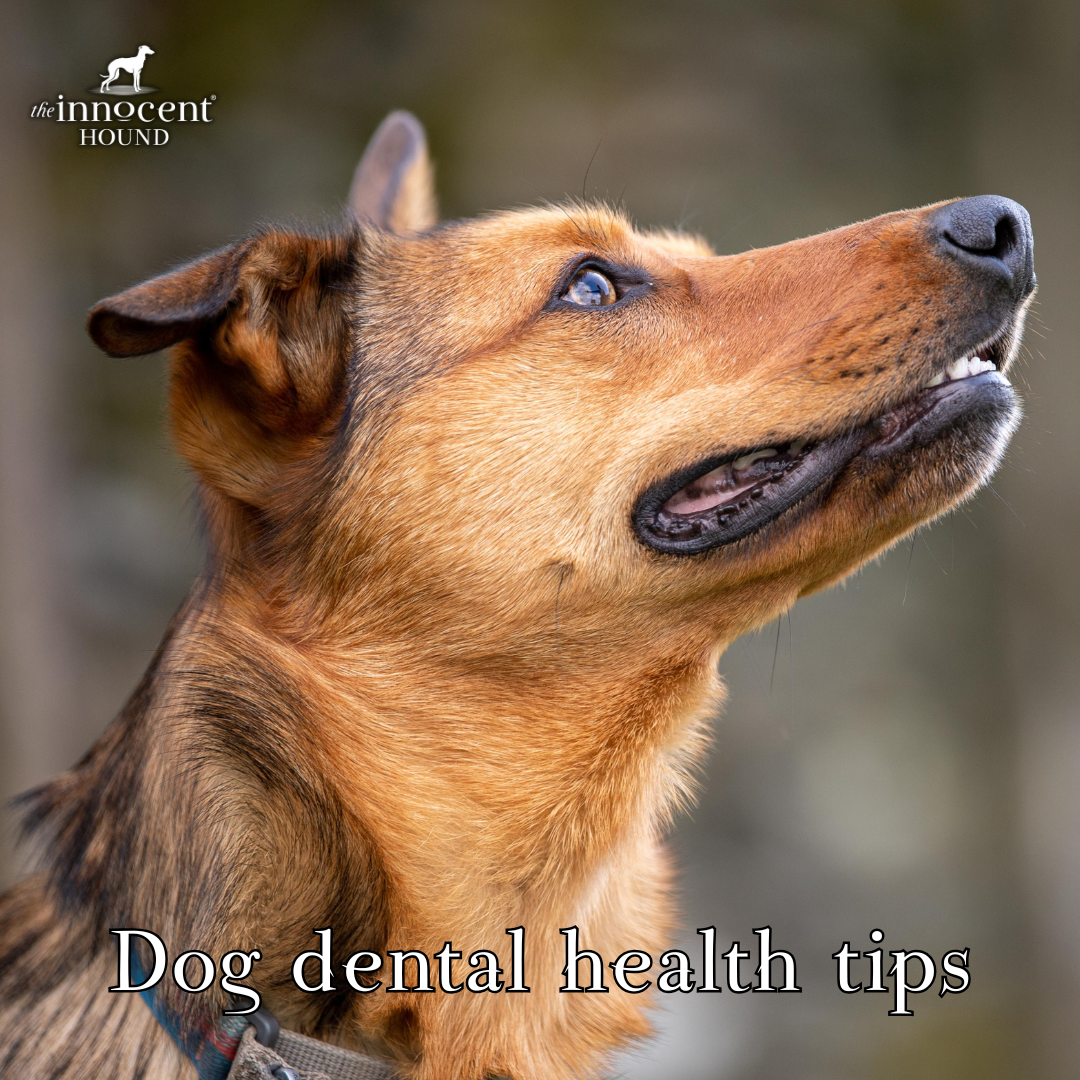Your dog's dental health is just as important as yours. Neglecting your furry friend's teeth can lead to serious health issues, such as gum disease and tooth loss. But don't worry – we've got you covered with the ultimate guide to keeping your dog's dental health in check. This article will share tips for effective dog teeth cleaning to ensure your pup has a healthy and sparkling smile.
The importance of dog dental health
Maintaining your dog's dental health is crucial for their overall well-being. Dogs, like humans, can suffer from various dental issues, leading to more severe health problems if not addressed. Poor dental hygiene can result in plaque buildup, tartar formation, and gum disease. This can be painful for your dog and may lead to tooth loss, making it difficult for them to eat correctly. In addition, dental infections can enter the bloodstream, affecting vital organs such as the heart, liver, and kidneys. Therefore, prioritising your dog's dental care is about keeping their smile beautiful and preserving their quality of life.
Common dental problems in dogs
Several dental problems can affect dogs, often manifesting in various ways. One of the most prevalent issues is periodontal disease, which is an infection of the tissues surrounding the teeth. This condition usually arises from the accumulation of plaque and tartar, leading to inflammation and infection of the gums. If left untreated, periodontal disease can progress to more severe stages, resulting in tooth loss and systemic health issues, as bacteria can enter the bloodstream and affect other organs.
Signs of dental issues in dogs
As a dog owner, you must be vigilant about the signs of dental issues in your furry friend. One of the most common indicators is bad breath, known as halitosis, which can indicate underlying dental problems. While it's normal for dogs to have a distinct smell, an unusually foul odour can indicate plaque buildup, gum disease, or other oral health issues. If you notice a significant change in your dog's breath, it's time to investigate further.
Excessive drooling or pawing at the mouth can also signal dental problems. Dogs experiencing pain or discomfort in their mouths may drool more than usual or continuously try to paw at their faces. Additionally, if you notice any swelling in the gums or unusual growths, it’s crucial to consult your veterinarian. Awareness of these signs can help you catch dental issues early, allowing for timely intervention and treatment.
Brushing your dog’s teeth
Unsurprisingly, every vet you see will tell you you must clean your dog’s teeth. Daily. Whether your dog agrees with that or allows you to do so is another story! This process should be done with great care, from picking the right toothbrush and toothpaste for your dog - and working out how best to clean their teeth without causing too much discomfort.
Alternative methods of cleaning and dental support
There’s no substitute for the standard tooth-brushing method. There are, however, ways of introducing dental benefits into their diets. At the Innocent Hound, two products can assist with your dog’s dental health routine.
Our Dental Support sausages combine aniseed and citrus extract, an antifungal remedy that helps prevent plaque and tartar build-up. These sausages are great for your dog's teeth and are single-protein and grain-free, meaning the composition has no nasty elements.
Our Super Boost Topper product contains seaweed, which is known as an excellent supplement for dog dental health. Without going through all the science behind it, the seaweed has an enzyme that strips bacteria away from your dog’s teeth. Studies suggest that when digested by the dog, plaque and tartar can stop building up.
Professional dog dental cleaning
While at-home dental care is essential, professional dental cleanings should not be overlooked. Regular visits to the veterinarian for dental check-ups and cleanings can help identify and address dental problems before they worsen. During a professional cleaning, a veterinarian or veterinary technician will thoroughly examine your dog's mouth, checking for signs of dental disease, gingivitis, and other oral health issues.
Professional dental cleanings typically involve scaling, which removes plaque and tartar buildup from the teeth and under the gums. This procedure is often done under anaesthesia to ensure the safety and comfort of your dog, as it allows the veterinarian to access all areas of the mouth without causing distress. Depending on your dog’s dental health, your veterinarian may recommend cleanings every six months to a year.
Conclusion: Taking care of your dog's dental health
Responsible pet ownership is essential to caring for your dog's dental health. By understanding the importance of dental hygiene, recognising the signs of dental problems, and implementing a routine that includes brushing, dental treats, and professional cleanings, you can help ensure your furry friend maintains a healthy mouth. The benefits of good dental care extend beyond just a sparkling smile; they contribute to your dog's overall well-being and longevity.


0 comments